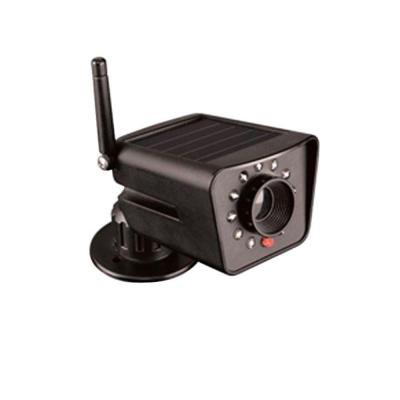So, you want to become an electrical contractor/engineer? Selecting electrical work as a profession brings several rewarding growth opportunities. After all, the need for electricity is on the rise in today’s society. But before you reach a decision, it’s not only important for you to know the numerous duties of an electrical contractor/engineer, but also the requirements for becoming a certified electrician.
Luckily, in this article, you will learn everything about becoming a certified electrical contractor in a step-by-step process. It doesn’t matter if you are looking to start a career in electrical contracting, or are still only considering it, the information provided below will prove useful. Here’s what you need to know:
An electrical contractor or engineer designs, develops, tests and installs electrical hardware, systems and equipment. They work in a variety of settings, including commercial and residential structures. To become an electrical contractor, you have to receive extensive training and obtain a license according to the local regulatory guidelines and standards which apply to your country.
Steps to Become a Certified Electrical Contractor
Several schools and colleges offer instructional programs for prospective electrical contractors. Moreover, a bachelor’s degree in electrical engineering offers comprehensive training in electrical design and systems. Academic programs generally include hands-on coursework and internships to help you gain practical experience.
Novice electricians can also gain supervised training under an experienced master electrician through apprenticeships. National organizations, state agencies and unions can introduce you to contractors and companies offering apprenticeship programs. These typically require a high school diploma. If you qualify, you will be offered paid positions that will last at least five years.
As mentioned earlier, electrical contractors perform a range of services for commercial and residential properties. In addition to installing and maintaining electrical systems, hardware and equipment, electrical contractors also train and hire new electricians, do administrative work, as well as plan and schedule projects with clients. They can be an integral part of the team involved in the building process, ensuring the electrical systems are up and running before the final work is completed.
Therefore, mentored training and experience in various electrical positions will provide you the industry-related and foundational knowledge and skills required to become an electrical contractor. Additionally, working under a master electrician can give you the experience and skills required for a journeyman or novice electrician to obtain a license, get certified, and perform independent work.
Some countries require electrical contractors to acquire an electrical contractor or master electrician license, while others don’t. If it’s mandatory in your state or country, you can obtain your license from the relevant state boards. However, keep in mind the requirements to get licensed will vary from state to state.
But generally, the requirements include meeting the experience requirements by working under an experienced master electrician, paying a certain amount as fee, as well as passing a written examination. Also, your license has to be renewed every few years, where you will have to pay the fee as well. You should contact the licensing agency in your state for a clearer picture about the requirements.
Once you have acquired your license, you are a certified electrical contractor and start working independently, or by joining a contracting company. But you should also understand that being an electrical contractor requires ongoing education to stay up to date with the technical advancements in the electrical domain, as well as any changes to the standard electrical code.
Electrical contractors with enough experience under their belt can also consider starting an electrical contracting business of their own. By starting your own business, you can increase your earnings from your work. Not to mention, you will have increased scheduling flexibility, which means you can employ other electricians to work under you and dispatch them to work on projects offered by clients.
And with that, we come to the end! As you can see, this article covers all you need to know to become a certified electrical contractor. Hopefully, now, you will have a better understanding about the requirements and duties the job entails.



